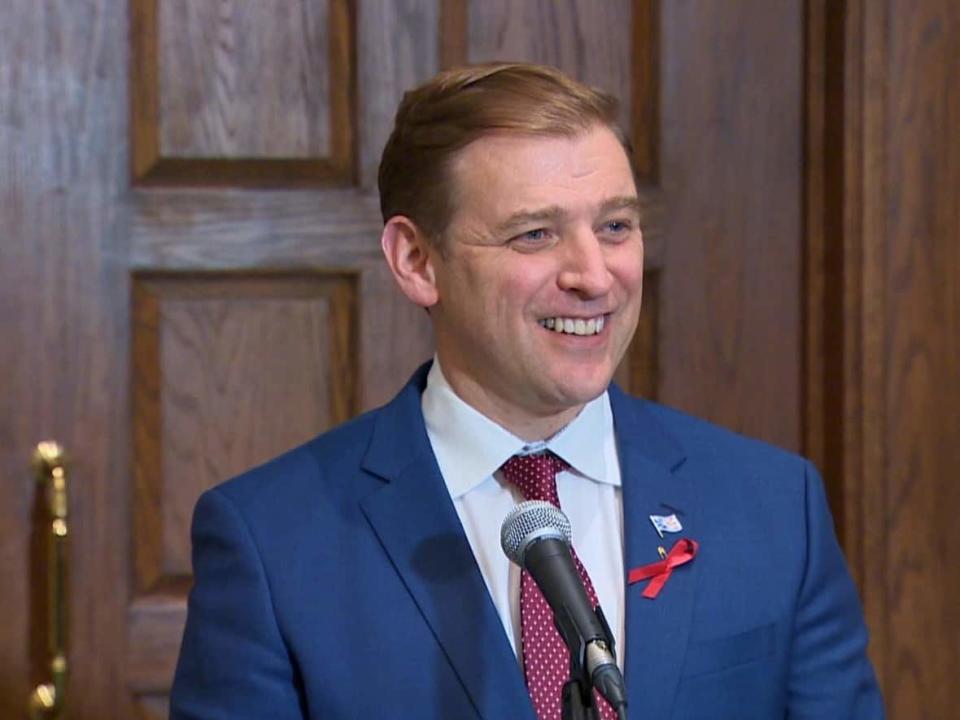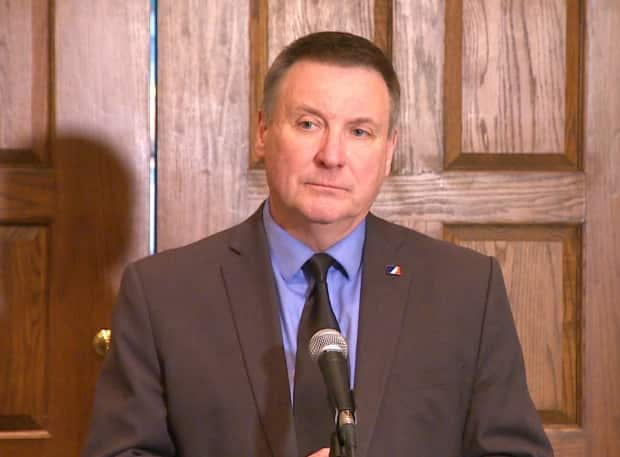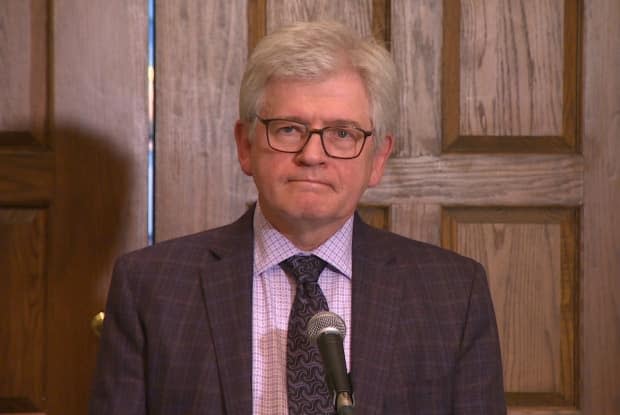The cost of living dominated the House of Assembly this session. But what actually happened?


As the Newfoundland and Labrador government celebrates its measures to curb the rising cost of living, critics — including the leaders of the opposition — say the provincial Liberals are playing catch-up.
In a press release Friday, the provincial government highlighted the provincial budget and measures introduced since February meant to combat the rising cost of living.
"Investments that help Newfoundlanders and Labradorians with the impact that global events are having on the cost of living, advancing a financial plan that puts the province on stable footing, and strengthening our communities were focal points of the spring legislative agenda," reads the release.
Progressive Conservative and NDP MHAs have accused the government of resting on its laurels, pointing to delays and deficiencies in health care, and arguing that the measures don't do enough as fuel, food and heating prices skyrocket.
"Much more could have been done," interim PC Leader David Brazil said Wednesday. "We would have stayed another month and come up with more solutions that would have been beneficial and we would have been collaborative to make those happen."
Liberal politicians — mainly Finance Minister Siobhan Coady and Premier Andrew Furey — have repeatedly trumpeted their measures to curb the cost of living, which they say amount to $222 million in assistance.
10 per cent better
The government raised the income supplement and seniors' benefit by 10 per cent, and announced a one-time supplement of $200 for individuals and $400 for families.
Food First N.L. CEO Josh Smee said Friday those changes were welcome but don't go far enough.

Smee is calling for the income supplement and the seniors' benefit to be indexed to inflation, which he says would help protect the most vulnerable from the rising cost of living.
"Wherever possible we should be linking vital social supports to inflation so that it automatically catches up," he said.
He also said while one-off payments — like the benefit for those on income support, or the home heating cheque coming this fall — may be helpful, they aren't a sustainable way to provide assistance, especially for the most vulnerable.
"That's not an ideal place where we have to have a … fresh debate every time there is an increase in the cost of living about how much relief to provide," he said.
Taxes and wages
As gas prices skyrocketed in May, the PCs announced they would not let the House of Assembly close until the provincial government did more to help — specifically, by reducing the 14.5-cent provincial gasoline tax. Coady and Furey insisted they could not lower the tax without risking more taxation from the federal government.
But by the end of May, after months of rising gas prices, the provincial government announced it would shave seven cents off the provincial gas tax until Jan. 1. Furey said Prime Minister Justin Trudeau told him the federal government wouldn't bring in more taxes.
The provincial government also announced it would accept the recommendation of its minimum-wage review committee to raise minimum wage to $15 an hour by October 2023. According to the committee, 19 per cent of the province's population — or 37,700 people — earn $15 or less per hour.

Sara Moriarity, digital organizer with the Workers Action Network, said the increase, while welcome, is "too little, too late."
Moriarity pointed to a 2018 study from the Canadian Centre for Policy Alternatives that pegged a living wage in St. John's at $18.85.
"I think that's a fair indicator, especially, you know, now as the cost of living has increased so much and during times of record inflation. Right now that $15 doesn't even come close to cutting it," she said.
Interim NDP Leader Jim Dinn said he wants to see the government set up a committee to explore guaranteed basic income — a poverty-reduction strategy recommended by the Health Accord.
Special and important things
Last week, Furey touted his government's accomplishments over the spring session, highlighting the cost-of-living measures.
"In the last three or four months, we've done some pretty special things, some pretty important things for the people of the province," Furey said.
Furey insisted his government is doing all it can with the money it has — but not everyone agrees.
End Homelessness executive director Doug Pawson said studies like the Health Accord and the report by the premier's economic recovery team show big changes are needed.
"There's been a lot of really important landmark reports that have come through over the last year that have discussed, you know, the role of income security and how that impacts rates of poverty, health and health equity," he said.
"There's a structural reform that's needed. And we're not seeing that."

